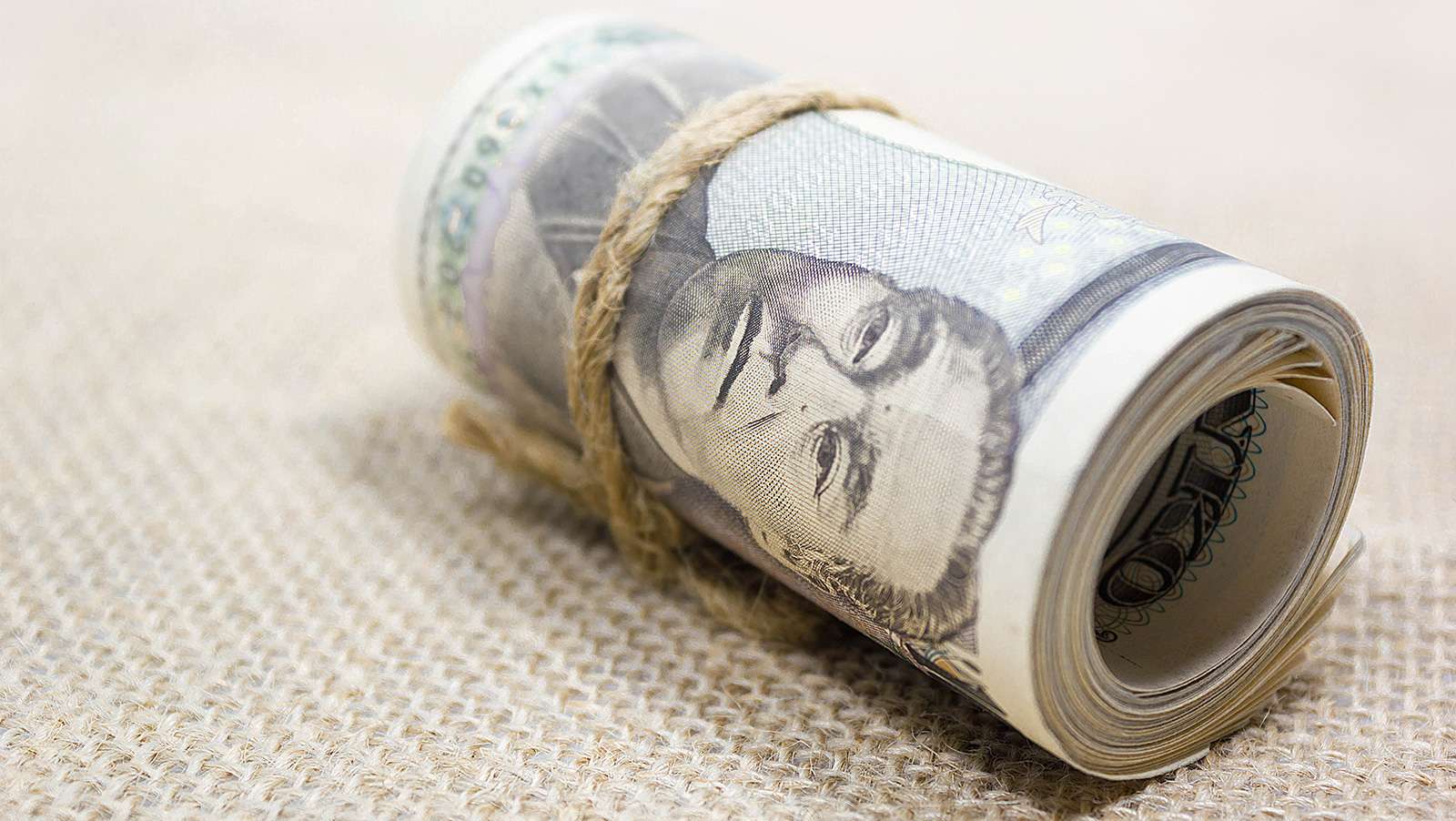Shukan Bunshun, a weekly news magazine in Japan, has published some fairly significant allegations against casino giant Caesars Entertainment, Asia Gaming Brief reported. The magazine has accused the company of making illegal bribes to Japanese politicians through appearances at social gatherings organized by politicians. Attendance is only possibly through purchased tickets, which Shukan Bunshun says represents a form of bribery. Caesars responded by calling the practice legal and accepted.
 Current and aspiring politicians often conduct fundraisers through social gatherings. It’s a straightforward method of gathering funds for political campaigns, and is conducted in countries all around the world. According to Japanese law, political donations by foreign citizens or companies is illegal; however, the Political Funds Control Law (PFCL) does not expressly cover the purchase of tickets to political social gatherings.
Current and aspiring politicians often conduct fundraisers through social gatherings. It’s a straightforward method of gathering funds for political campaigns, and is conducted in countries all around the world. According to Japanese law, political donations by foreign citizens or companies is illegal; however, the Political Funds Control Law (PFCL) does not expressly cover the purchase of tickets to political social gatherings.
Caesars confirmed that one of its advisors, Jun Okawa, purchased tickets to attend the gatherings for years. Caesars Executive VOP of Public Policy and Corporate Responsibility Jan Jones Blackhurst defended its position against the accusations, and was quoted by AGB saying, “The recent Bunshun article, as it relates to Caesars Entertainment, focuses on the long-standing and legal practice in Japan of buying tickets to political fundraising events. We believe that the purchases of such tickets by our consultant over many years were made in accordance with the laws of Japan and other jurisdictions, as well as in accordance with our own robust compliance policies and procedures.”
Yasutoshi Nishimura, Japan’s Deputy Chief Cabinet Secretary, also defended the activity. Appearing before the state Diet last Thursday, he said that the practice did not violate any law and was a non-issue. Yasutoshi was one of the politicians whose gatherings was attended by Okawa.
The magazine turned to Hiroshi Kamiwaki, a professor at Kobe Gakuin University, to support its argument. Hiroshi, a strong opponent to the current administration, said the general idea of the PFCL is that political donations and party ticket purchases are virtually the same thing. He further stated that, even if it’s not illegal, the practice of using lobbyists of a foreign company to fund a politician’s campaign is, at the very least, immoral.
Shukan Bunshun noted authorities in the United States are currently conducting their own investigation into the matter to determine whether or not the actions violate the Foreign Corrupt Practices Act of 1977. The periodical also pointed out that the Caesars engaged in the activity while it was still operating under Chapter 11 bankruptcy proceedings.